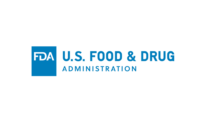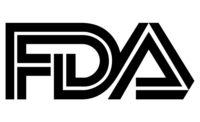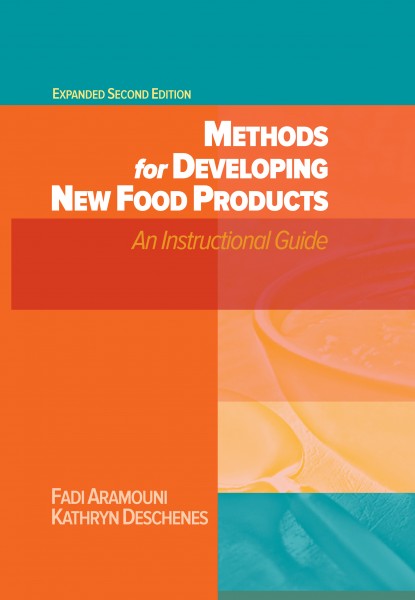The U.S. Food and Drug Administration (FDA) today issued a final rule to update the “healthy” nutrient content claim to help consumers identify foods that are particularly useful as the foundation of a diet that is consistent with dietary recommendations. Manufacturers can voluntarily use the claim on a food package if the product meets the updated criteria.
The “healthy” claim can empower consumers by providing a quick signal on food package labels to help consumers identify foundational foods for building healthy dietary patterns. The claim could be especially helpful for those who may be less familiar with nutritional information. Today’s action is part of the FDA’s broader commitment to make food a vehicle for health and wellness, reduce diet-related chronic diseases, and promote health equity. This initiative, and others such as front-of-package nutrition labeling and sodium reduction, are featured in the White House National Strategy on Hunger, Nutrition, and Health.
Diet-related chronic diseases in the U.S. are the leading causes of death and disability and many of these chronic diseases are experienced at higher rates by certain racial and ethnic minority groups and those with lower socioeconomic status, compared to the overall average. Healthy eating patterns, which include foundational foods like fruits, vegetables, fat-free and low-fat dairy, and whole grains, are associated with improved health, such as reduced risk of cardiovascular disease, type 2 diabetes, certain types of cancers, and being overweight or obese. Providing informative and accessible food labeling empowers consumers and may help foster a healthier food supply for all if some manufacturers voluntarily reformulate food products to meet the updated criteria.
The updated criteria for the “healthy” claim are aligned with current nutrition science, the Dietary Guidelines for Americans, and the updated Nutrition Facts label, which requires the declaration of added sugars. The updated criteria for the “healthy” claim include nutrients to limit and identifies foods that help consumers to build a diet consistent with current recommendations.
To bear the “healthy” claim, a food product needs to:
- Contain a certain amount of food (food group equivalent) from at least one of the food groups or subgroups (such as fruits, vegetables, fat-free, and low-fat dairy etc.) recommended by the Dietary Guidelines.
- Adhere to specified limits for the following nutrients: saturated fat, sodium, and added sugars.
As an example, to include the “healthy” claim on the package, a cereal needs to contain a certain amount of whole grains and adhere to limits for saturated fat, sodium, and added sugars. Nuts and seeds, higher fat fish such as salmon, certain oils, and water are examples of foods that did not qualify for the “healthy” claim before but are foundational to a healthy eating pattern and recommended by the Dietary Guidelines. These foods now qualify to bear the “healthy” claim. Many foods that fit into a range of budgets such as some peanut butters and canned fruits and vegetables also qualify. Manufacturers who choose to use the “healthy” claim have three years to conform but can use the new criteria sooner.
On a separate but related track, the FDA is also continuing to explore development of a symbol that manufacturers could use on food labeling to show that a product meets the criteria for the “healthy” claim. Having a standardized graphic to show that a food meets the criteria for the “healthy” claim would further support the FDA’s goal of helping consumers to identify food products that can be the foundation of healthy eating patterns.
The FDA will host a stakeholder webinar to provide an overview of the final rule and address questions. More information on the webinar will be released shortly.









